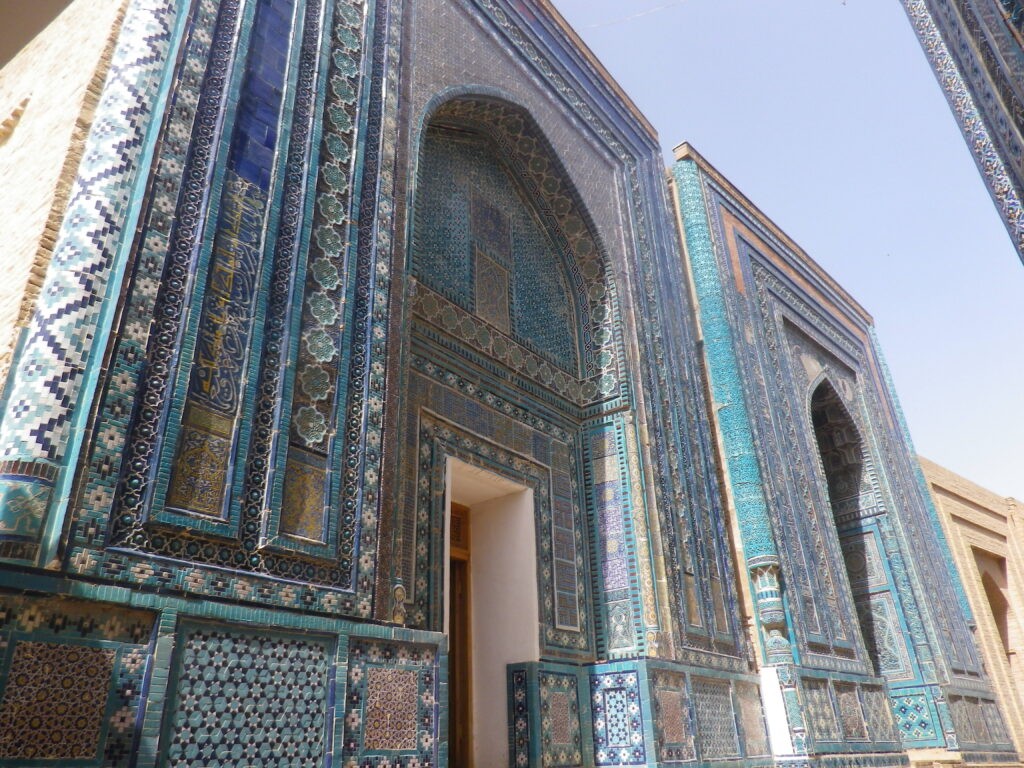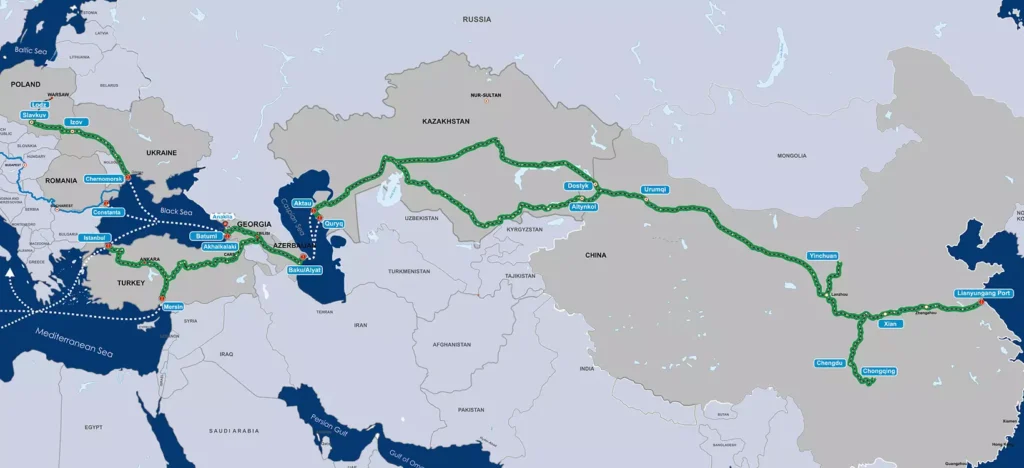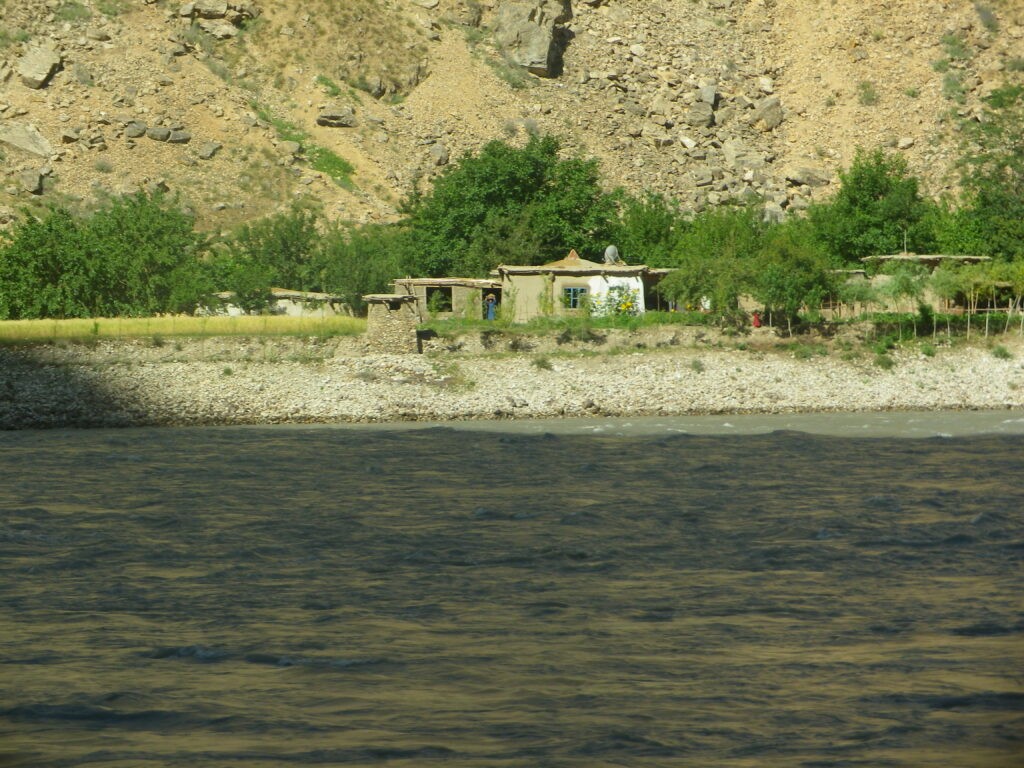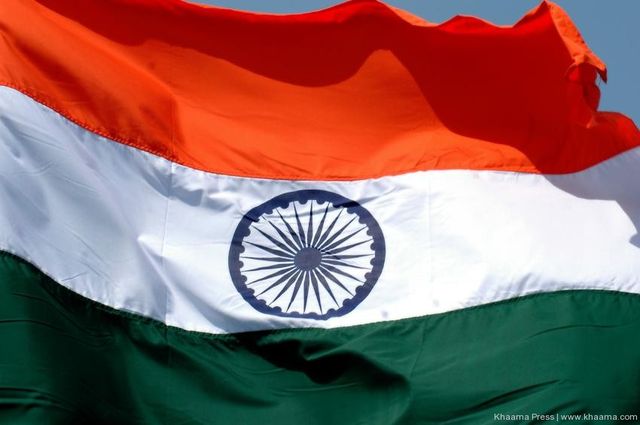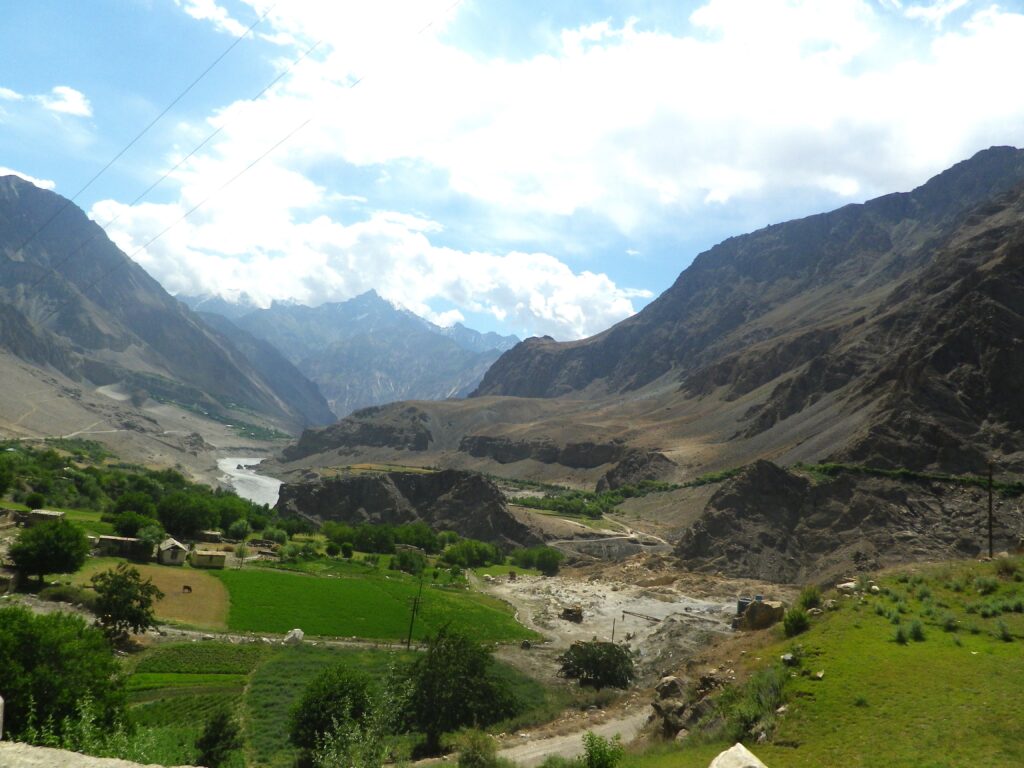Uzbekistan: From Silk Roads to New Horizons
Cradled by the embrace of the Syr Darya and Amu Darya Rivers, Uzbekistan boasts a rich tapestry woven from the threads of history. Being home to trade hubs like Samarkand and Bukhara, this land has been at the center of cultural exchange for over a millennia. From the Turkic-Mongol tribes creating the foundation of Uzbek civilization to the fall of the Soviet Union giving birth to the nation we know now, the history of Uzbekistan consists of a captivating blend of conquests and resilience. In 2016, following the demise of Islam Karimov, who ruled the country for 25 years, Shavkat Mirziyoyev came to power promising to lead Uzbekistan into a new and more progressive era. With a focus on modernization and reforms, Mirziyoyev envisioned bringing the nation out of his predecessor's repressive tenure and propelling it forward while honoring the country’s cherished traditions. With Uzbekistan trying to find its place in the modern world, the President has a significant duty to realize the nation’s potential found in its youthful population and strategic location. Mirziyoyev’s time in office has allowed the country to witness the beginning of a new chapter, with a special focus on economic and social reforms. The economy is on its way to becoming a modern market economy as reforms have opened the doors for foreign investors to direct their money into the country. Uzbekistan’s per capita income tells the story of a rising nation, reaching $1,705 in 2023, an increase of $100 compared to the previous year and a testament to the government's commitment to transforming towards a market-oriented economy. To create a conducive environment for businesses and especially foreign investors, the foreign exchange market was liberalized, and exchange rates were unified, bringing down tax rates for people and firms. The country has also allowed visa-free entry to attract tourists from around the world to their turquoise-domed cities and promote business and tourism. Coupled with all this, the country is also moving towards more relaxed trade policies, where it has opened previously closed borders with neighboring nations, including Kazakhstan, which is currently one of Uzbekistan’s top export destinations. With this modified attitude, the country’s role in international trade has dramatically evolved, making it a significant player in the Central Asian market. Over the past few years, the nation has shown great interest in joining the World Trade Organization (WTO), which will further improve its access to the global landscape. However, until Uzbekistan gains member status, the government hopes to boost their export capabilities by attracting foreign capital and technology through liberalizing trade and investment. Along with this, export permit and licensing requirements were also abolished for wholesale traders. While these measures have allowed the country to take a decisive step towards progression and development, several areas still necessitate immediate action, such as transportation networks and communication infrastructure, which are required to facilitate international trade. Previously, the country primarily focused on the export of cotton but is now expanding into other areas, including oil, gas, and gold. Another...
